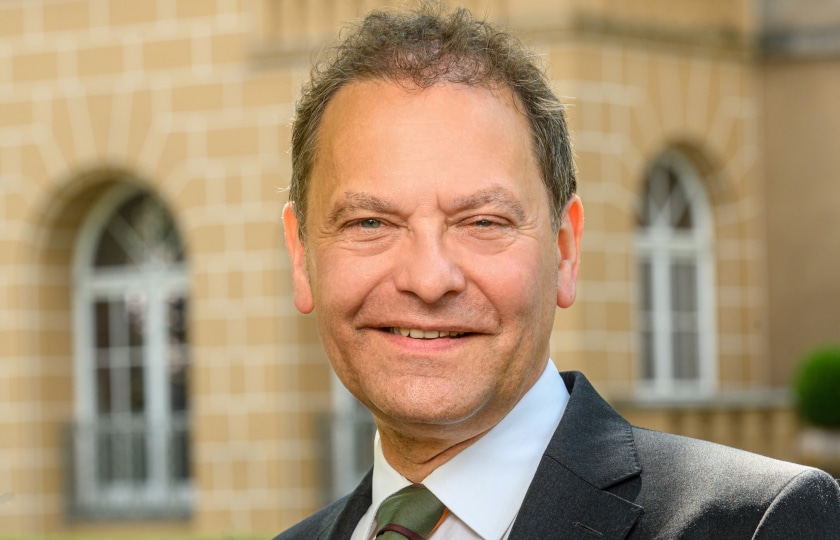Various actors negotiate the past and make it relevant for the present in new communicative practices. The Research Lab “Practices of Appropriation” takes a closer look at historical memes and TikTok videos as well as historical Instagram and Twitter accounts.
Within the framework of the Leibniz research alliance “Value of the Past”, Research Lab 3.2 “Practices of Appropriation” explores new communicative practices of appropriating the past that can be observed against the backdrop of media change. The projects and networks examine the negotiation processes of history and the past in the public sphere or in partial public spheres with regard to which historical events and topics are declared relevant to the present by different actors.
We will explore the extent to which the multiplication of communicative spaces in which the past is discussed challenges previously valid monopolies of interpretation and creates new ones. In times when people co-produce their historical knowledge with recourse to a broad spectrum of different media, from the feuilleton of transnationally received newspapers to TikTok videos to Hitler and Holocaust memes, consensus in the culture of memory is becoming increasingly difficult. Due to the worldwide availability of communication services and media representations, especially nation-state societies are experiencing a surge of heterogenisation.
These dynamics are examined within the Lab’s work in various fields of action. For example, historical-political interventions and media strategies of populist and new-right actors will be analysed. The focus continues to be on remembrance practices in history classes, in which members of different generations meet with different media repertoires or the debate about rituals of remembrance in memorials as well as on anniversaries and new forms of historical narration in interactive digital media.
The Leibniz Institute for Media Research | Hans-Bredow-Institut (HBI) is a full member of the Leibniz research alliance “Value of the Past”. Dr. Hans-Ulrich Wagner coordinates together with Dr. habil. Barbara Christophe from the Leibniz Institute for Educational Media | Georg Eckert Institute (GEI) the Research Lab 3.2 “Practices of Appropriation” within the research network.
Past on Social Media
As a small case study of a current social media memory project, Daria Chepurko, Ken Phan, Kira Thiel and Dr. Hans-Ulrich Wagner examined the Instagram account “@ichbinsophiescholl“. Offered by the public broadcasters Südwestrundfunk (SWR) and Bayerischer Rundfunk (BR) this account claims to offer an honest and an intimate perspective on the young resistance fighter Sophie Scholl during the Third Reich by having her appear as a present-day social media actor. The results of the research are summarized in the blog dossier “Sophie Scholl auf Instagram: Eine kommunikations- und geschichtswissenschaftliche Untersuchung” [Sophie Scholl on Instagram: A Communication and Historical Study] published on the Media Research Blog of the HBI.
Photo (from the Amsterdam Rijksmuseum): Hans-Ulrich Wagner













